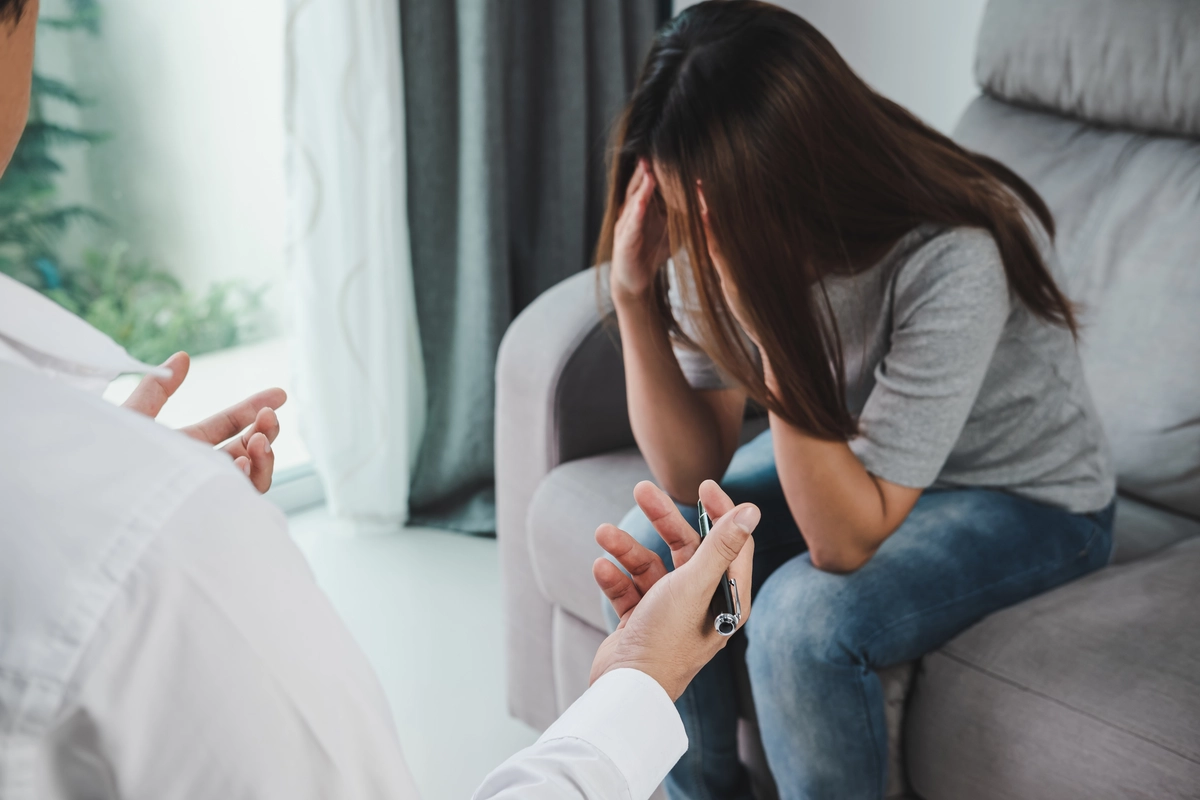24/7 Helpline:
(866) 899-111424/7 Helpline:
(866) 899-1114
Learn more about Bipolar Disorder Treatment centers in Magoffin County
Bipolar Disorder Treatment in Other Counties

Mountain Comprehensive Care Center
Mountain Comprehensive Care Center is a non-profit rehab located in Salyersville, Kentucky. Mountain...













ADOSA Counseling
ADOSA Counseling is a private rehab located in Salyersville, Kentucky. ADOSA Counseling specializes ...

Mission Teens – Kentucky MBTC
Mission Teens - Kentucky MBTC is a non-denominational Christian Discipleship located in Salyersville...





















































Other Insurance Options

GEHA

Lucent

Private insurance

State Farm

Self-pay options

Ambetter

Evernorth

Optima

Magellan

BlueShield

Coventry Health Care

Medical Mutual of Ohio

MHNNet Behavioral Health

Carleon

Humana

Cigna

Anthem

Highmark

UnitedHealth Group

MVP Healthcare